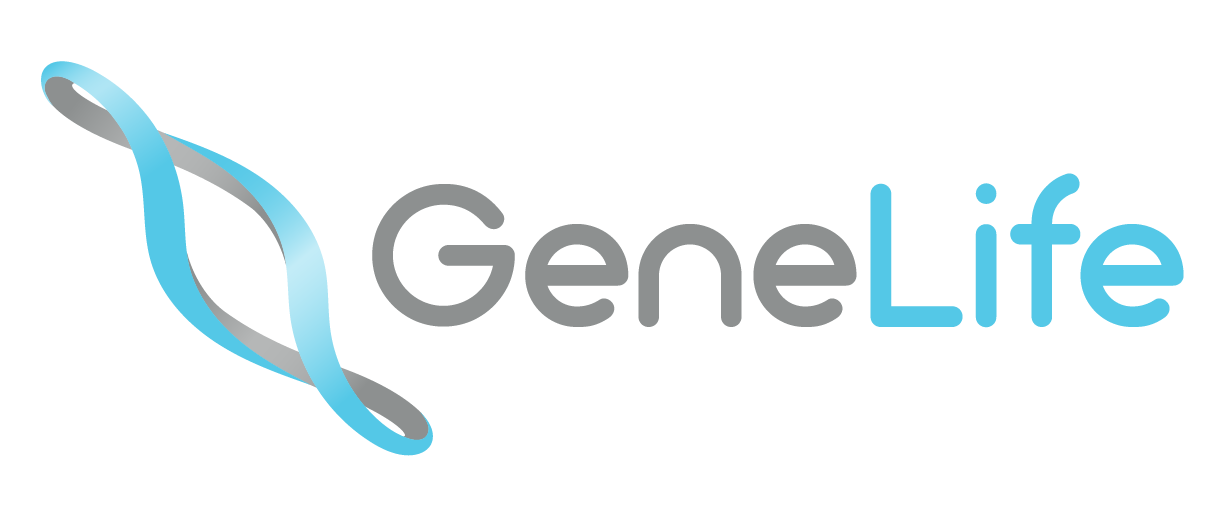Assorted genes throughout your body are constantly building critical protein structures and enzyme pathways and repairing, regenerating, and sometimes even destroying your cells based on the signals they get from their immediate environment.
A complete set of Homo sapiens DNA is contained inside each of the 50 to 60 trillion cells in the body. Approximately 20,000 different genes are located on the DNA strands in each cell.
Genes can be viewed as an assortment of "on/off" switches for building the protein molecules that influence every element of body function and structure.
Gene switches turn on or off according to signals received from their environment. You can manipulate and optimise gene expression through foods, workouts, and lifestyle behaviours.
Genes don't know or care whether these environmental signals promote or compromise your health; they simply react to each stimulus in an effort to promote your immediate survival.
Familial genes determine fixed heritable traits, such as eye, hair, and skin colour, and even predispositions to obesity, heart disease, cancer, athletic performance, mathematical or musical aptitude, and so on. Negative familial predispositions can be overcome by adhering to evolutionary-based lifestyle behaviours that promote optimal Homo sapiens gene expression. This notion is the essence of the Primal Blueprint philosophy.
We can reprogram our genes in the direction of health by adhering to the 10 Primal Blueprint laws that drove human evolution: eat plants and animals and avoid modern processed foods (including grains); combine frequent low-level movement with brief, intense strength and sprint workouts; get adequate sunlight, sleep, playtime, and intellectual stimulation; and avoid stupid mistakes.
The advent of civilisation allowed society to progress from a primitive hunter-gatherer existence, but this change came at a severe cost to human health. This decline in health has accelerated in the past century of extreme technological progress. Today, hectic modern life has rendered fewer people physically active, more people stressed by lack of sufficient sleep and general relaxation, and still more inclined to consume heavily processed, chemically altered foods.
Primal humans were exceptional physical specimens who lived their entire lives, by necessity, in peak health and physical condition. In survival of the fittest environmental selection pressure, those who were weak, sick, or lacking intelligence were not able to reproduce successfully. Hence, these genes were eliminated in favour of healthy, strong, smart genes.
